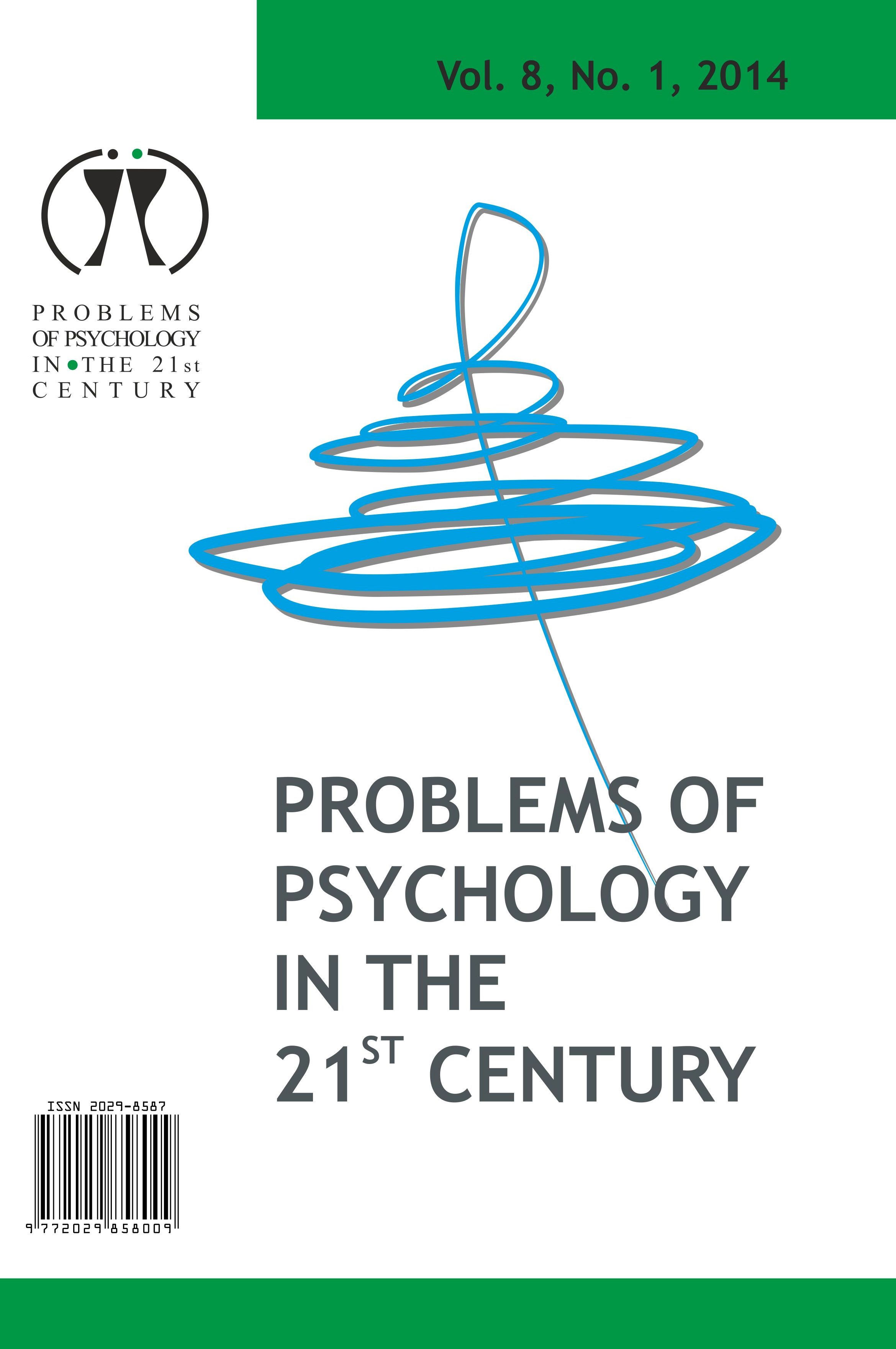ACHIEVEMENT MOTIVATION OF SECONDARY SCHOOL STUDENTS IN RELATION TO THEIR SOCIAL POSITION IN THE CLASS
ACHIEVEMENT MOTIVATION OF SECONDARY SCHOOL STUDENTS IN RELATION TO THEIR SOCIAL POSITION IN THE CLASS
Author(s): Ivana Poledňová, Zdenka Stránská, Hana NiedobováSubject(s): Psychology, School education, Social psychology and group interaction
Published by: Scientia Socialis, UAB
Keywords: achievement motivation; social position; sociometry;
Summary/Abstract: The study was based on a theoretical presumption that social climate and relationships in the class can be in specific ways connected with students’ achievement motivation. Previous research in the area of student motivation was mostly based on self-reports and was therefore focused on explicit motives, i.e. personal goals which the respondents strived for. Self-report measures of motivation, however, can be affected by biases and misperceptions of one’s own self. Our study approached achievement motivation at its implicit, i.e. non-conscious level. It was conducted with students in five classes of a secondary school, N = 138, 107 female and 31 male, with an average age of 17 years. The respondents were administered a sociometric questionnaire and the projective Thematic Apperception Test (TAT) in McClelland´s adaptation using Heckhausen´s content-analytical clue for the measurement of achievement motivation. The hypothesized relation between social position in class and achievement motivation was only partly supported. Affiliation was unrelated to achievement motivation, even when analyzed for both achievement motives separately. We found a slight negative relationship between influence in the class and achievement motivation, especially with the motive to achieve success. These results, partly diverging from theoretical presumptions, can be explained in terms of specific features of the sample as well as a general methodological disparity in previous research, especially a lack of differentiation between implicit and explicit motives in the interpretation of the findings.
Journal: Problems of Psychology in the 21st Century
- Issue Year: 8/2014
- Issue No: 1
- Page Range: 61-70
- Page Count: 10
- Language: English

